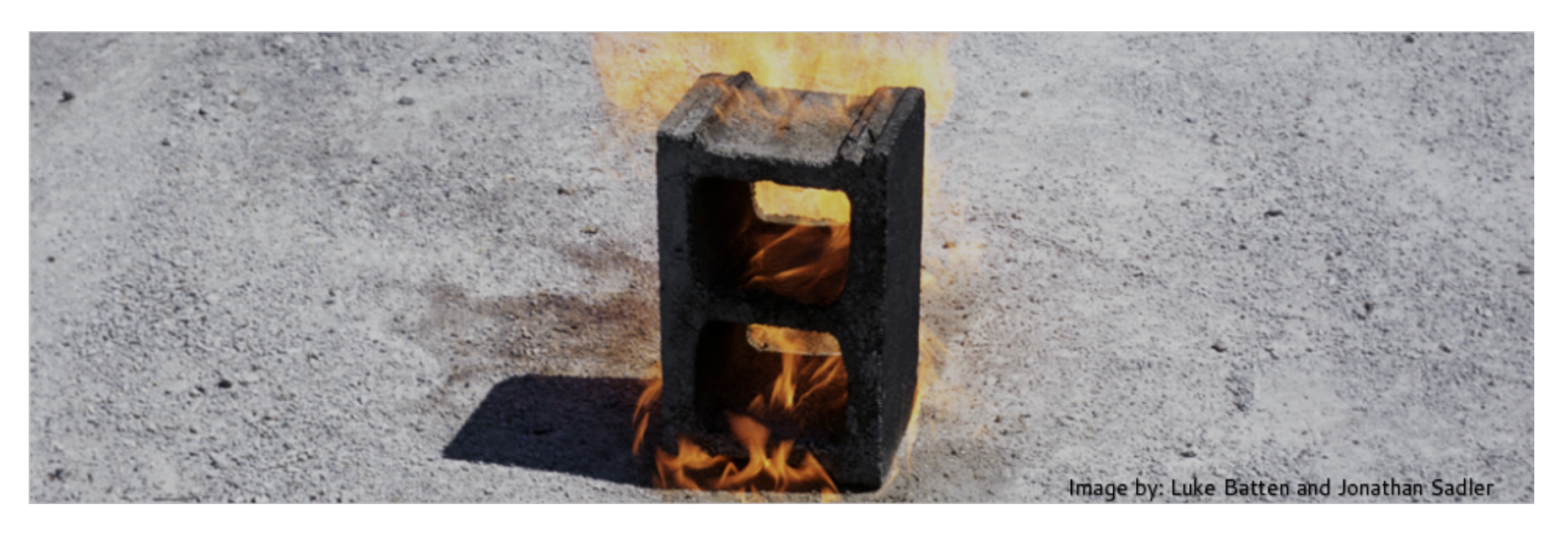On March 25, 2022, the Initiative in Holocaust, Genocide, and Memory Studies (HGMS) hosted the fourth annual Graduate Student Symposium in Memory Studies. Following the success of the first symposium in 2018, this symposium has been held roughly once per year to showcase the wide array of UIUC graduate student research on topics related to memory. The symposium organizing committee is spearheaded by Brett Kaplan, Professor of Comparative Literature and Director of HGMS. She worked alongside a team of graduate students—Claire Branigan, Dilara Çalışkan, Ragini Chakraborty, Naomi Taub, and myself—to put together this year’s event.
This year, to increase participation in our symposium in the context of the COVID-19 pandemic, our group of organizers opted for a hybrid format, where a portion of participants attended in person in the Main Library and others attended virtually via Zoom. This hybrid format had the added benefit of allowing us to accept two presenters from another university (UCLA) for the first time, thus facilitating connections between the rich communities of graduate students in Memory Studies at these two institutions.
Reflecting back on this day of learning and sharing ideas related to memory, I am struck—as I am every year—by the diversity of disciplines, topics, and theoretical approaches represented by the graduate student presentations at our symposium. Our presenters work in a myriad of fields, including Architecture/Landscape Architecture, Literary Studies (in various languages), Cinema and Media Studies, Political Science, Art Education, and Creative Writing. Their presentations covered numerous geographic contexts and perspectives, from those of the victims of racially motivated shootings in Germany to indigenous communities in the Americas to Chinese and Japanese filmmakers, just to name a few. The speakers connected different academic disciplines with Memory Studies, including Settler Colonial, Critical Race, and Queer Studies. They also taught us more about important theoretical approaches to understanding memory, such as Svetlana Boym’s conception of nostalgia, David Eng and David Kazanjian’s take on mourning, and Lacanian psychoanalysis.
Performance of Voices: Memory as Connection
Rather than a formal keynote, this year’s symposium included a performance of Voices: Memory as Connection led by Azlan Smith, MFA student in Creative Writing and Public Humanities Fellow at the Humanities Research Institute (HRI). After receiving submissions from local community members recounting their personal memories, Azlan drew from these submissions to craft a thirty-minute-long script, performed by Azlan and a group of students. The performance creatively intertwined the variety of memories contained in the submissions. Voices was also interactive, encouraging us as spectators to dwell on the powerful experiences from our own pasts that have shaped us. For instance, the performers invited audience members to take a few minutes during the performance to share memories with the people sitting beside them. Ultimately, Azlan and their group of student-actors reminded us of the significance of memory in our daily lives and in our relationships with others. As stated on the HRI website, Voices “weave[s] together true stories from people’s lives inside our CU communities. By sharing these stories, Voices aims to create a meeting place where we can see each other.
Each Graduate Student Symposium in Memory Studies that we have held across the past several years has highlighted the power of studying memory. This has been demonstrated in the performances, presentations, and keynote speakers that our symposia have featured. Furthermore, these symposia have provided platforms for emerging scholars interested in memory to meet each other, learn about each other’s work, and make plans for future collaborations. This year was no exception.
After such a successful fourth annual symposium, we look forward to hosting a fifth in 2023.
Voices of Memory Performance

